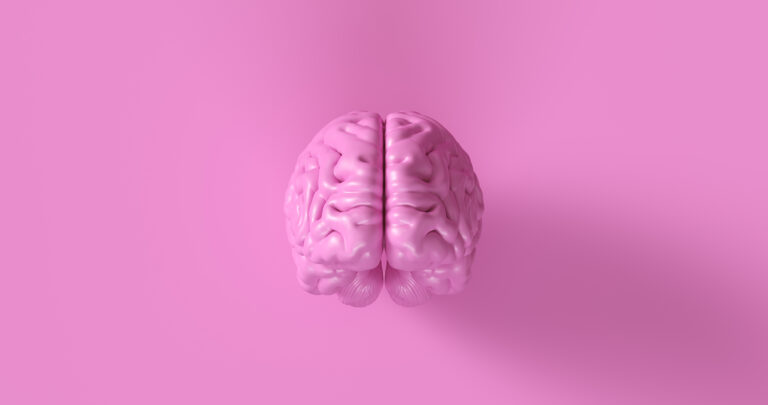Loud music can be harmful to Alzheimer’s patients, primarily because of its potential to exacerbate hearing damage and increase cognitive stress, which may worsen symptoms or accelerate decline. While music therapy is often used beneficially in dementia care, the volume and type of auditory stimulation are critical factors to consider.
Hearing loss is a well-established risk factor for dementia, including Alzheimer’s disease. Research shows that hearing impairment reduces auditory stimulation to the brain, which can lead to cognitive decline and brain atrophy. When hearing is impaired, the brain must work harder to interpret sounds, which consumes cognitive resources and may accelerate mental fatigue and decline. This is particularly relevant for Alzheimer’s patients, whose cognitive reserves are already compromised [4][5].
Exposure to loud music, especially over prolonged periods, can cause or worsen hearing loss. Studies on young people indicate that listening to music at high volumes through headphones can lead to hearing damage, including tinnitus and difficulty understanding speech in noisy environments. This damage develops gradually and may go unnoticed until it becomes severe. The combination of loud sounds and noise over time increases the risk of permanent hearing impairment [1]. For Alzheimer’s patients, who are already vulnerable to sensory and cognitive decline, loud music could accelerate hearing deterioration, thereby indirectly worsening dementia symptoms.
Moreover, dual sensory impairment—meaning both hearing and vision loss—is linked to a significantly higher risk of dementia compared to having no sensory impairment or just one sensory impairment. This suggests that sensory health plays a crucial role in cognitive function and dementia progression. Since loud music can contribute to hearing loss, it may indirectly increase the risk or severity of dementia symptoms in patients with Alzheimer’s [2].
On the other hand, music therapy itself is recognized as a valuable tool in dementia care. Personalized, gentle music can improve mood, engagement, and comfort for people living with dementia. The key is that the music should be at a comfortable volume and tailored to the individual’s preferences and sensitivities. Loud or harsh auditory stimuli can cause agitation, stress, or confusion in Alzheimer’s patients, which can worsen behavioral symptoms [3].
In summary, loud music is potentially harmful to Alzheimer’s patients because it can contribute to hearing loss and increase cognitive strain, both of which are linked to worsening dementia symptoms. Maintaining a moderate volume and using personalized, gentle music interventions are important to harness the benefits of music therapy without causing harm. Protecting hearing health is essential in managing Alzheimer’s disease and supporting cognitive function.
Sources:
[1] News-Medical.net, Researchers link high-volume listening habits to future hearing damage in young people
[2] PMC, The association between dual sensory impairment and dementia
[3] Memory Garden, Effectiveness of Music and Visual Therapy
[4] BottomLineInc.com, Hearing Loss and Dementia: Understand the Connection
[5] Aging Matters Magazine, The link between hearing loss and dementia





